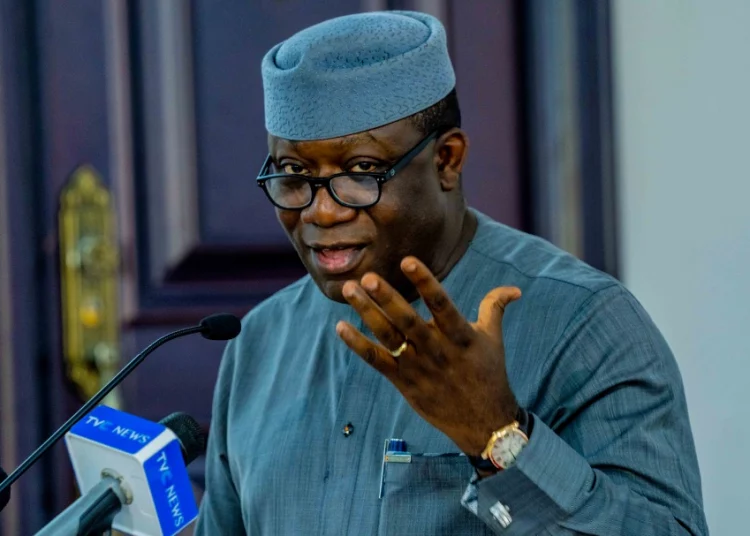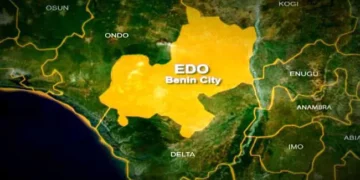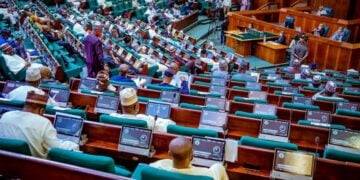Governors of the 36 states of the federation yesterday rejected a water bill reintroduced before the National Assembly.
The bill seeks to empower the federal government to take over water resources from states, licence the supply and commercialise the use of surface and underground waters.
The reintroduction of the bill at the National Assembly was greeted by stiff resistance from various stakeholders.
On their part, the governors kicked against the bill on grounds that the interest of the 36 states is not adequately addressed in the contentious legislative document.
Chairman of the Nigeria Governors Forum (NGF) and Ekiti State governor, Kayode Fayemi, who disclosed this on Tuesday night after the teleconference meeting of the forum, said the governors’ position is that the bill should be reviewed to accommodate all concerns of states.
He stated: “On the reintroduction of the National Water Resources Bill, Governors argued that the Bill does not adequately address the interests of the states and is inconsistent with the provisions of the Constitution of the Federal Republic of Nigeria.
“The Bill, according to the Forum, should be reviewed with a view to accommodating the concerns of all states.”
Fayemi also hinted that minister of Finance, Budget and National Planning, Zainab Ahmed, presented the draft 2023-2025 Medium Term Expenditure Framework (MTEF) and Fiscal Strategy Paper (FSP) to the governors.
According to him, the presentation was part of the consultative process in the development of the federal government’s fiscal policy and sharing relevant macroeconomic and fiscal assumptions to help states prepare their Economic and Fiscal Update (EFU), FSP, and Budget Policy Statement (BPS).
Following the presentation, he said, governors had a robust discussion with priority given to the government’s response to the fallouts of the Russia-Ukraine war, including inflation and the rising food and nutrition crises.
Also discussed was “the continued impact of the PMS subsidy on the fiscal headroom of governments, implications of NNPC’s new transition on federation revenues, as well as the widening divergence between the official and parallel market rate of the dollar on the currency.
The NGF chairman added that the Forum received presentations from the minister of agriculture and rural development, Dr. Mohammad Mahmood Abubakar, on the Livestock Productivity and Resilience Support Project (LPRES) – a six-year $500 million World Bank programme.
He said it is aimed at improving the productivity, commercialisation and resilience of targeted livestock production systems in Nigeria.
“Governors unanimously decided to spearhead the programme in their states, particularly in areas such as institutional and innovation systems strengthening, livestock value-chain enhancement, crisis prevention and conflict mitigation, and project coordination,” he added.





